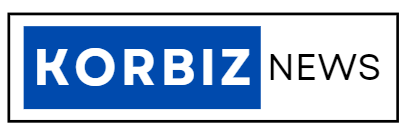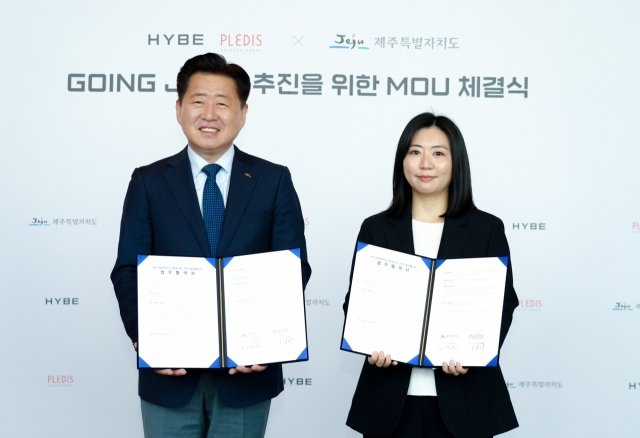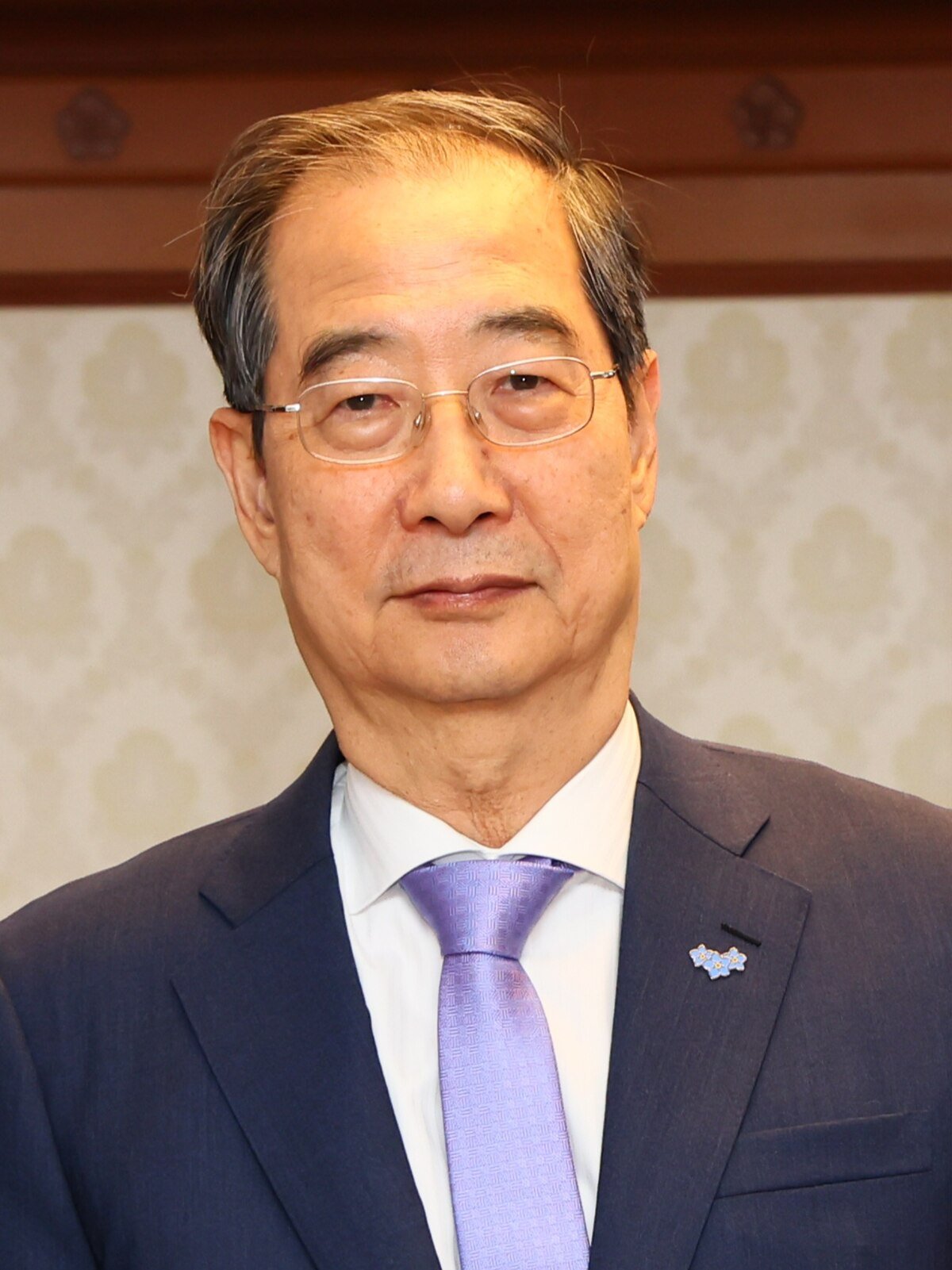
Hanatour, Korea’s largest travel agency with over three decades of experience, is poised to lead the way in the evolving landscape of post-pandemic travel by defying traditional concepts of package tours and offering more tailored and novel travel content.
“Hanatour paid close attention to customers’ feedback to overcome the COVID-19 pandemic crisis. Through our own customer satisfaction indicators, we evaluated and improved various factors such as accommodations, meals and tour guides,” said Hanatour CEO Song Mi-sun during a recent interview with The Korea Times.
Based on customer feedback and the company’s extensive network and experience, Hanatour introduced a series of original package tours that reflect the latest travel trends and target young, trend-sensitive customers, including the growing number of independent travelers.
For instance, “Only Us” offers a private, exclusive guided tour for a small group of travelers, providing a personalized and intimate travel experience. In contrast, the “Mingling Tour” is a themed tour that brings together influencers and travel experts with participants, fostering dynamic interactions and enhanced communication between the hosts and travelers, she explained.
This year, the company seeks to live up to customer expectations with differentiated products and services, she noted.
Notably, the company held a travel product contest with its employees and partners to discover innovative tour programs this year. The event aimed to tap into the company’s extensive tourism data and employee’s passion, experiences, and ideas on travel and tourism, she explained.
A total of 181 teams participated in the inaugural edition of the contest, crafting creative package tours.
For example, some of the winning products revolve around diverse themes such as a short-form video production tour to Shizuoka, a curated spa tour to Hokkaido guided by a hot spring specialist and a “skip-gen” tour to Hong Kong, or a multi-generational trip that includes grandparents and grandchildren while leaving the middle generation at home.

A poster to Hanatour’s newly developed tour program “Mingling tour” / Courtesy of Hanatour
Considering the intangible nature of tourism products and service, communication among employees is key to the company’s competence.
“It makes a huge difference whether the employees who work together actually know each other,” she said. The tourism industry consists of a wide range of professions — from merchandise directors, airline officials, hotel staff, and salespeople to those in the financial, PR and legal departments — and the key is communication. The better we communicate, the better our product becomes,” she said.
To facilitate exchanges between employees and reinforce their communication capacity, the company runs several clubs and CSR activities to bring people of different positions together on a regular basis. Also, the company’s headquarters holds regular in-person meetings with regional offices.

A Hanatour official works at the agency’s headquarters in Seoul in this Aug. 22, 2023 file photo. Newsis
As a result of these innovations, Hanatour saw a remarkable surge in the number of overseas package travelers during the first quarter of this year, surpassing 580,000, marking a 104.8 percent increase compared to the same period last year. This exceptional growth helped Hanatour achieve a record-breaking 183.3 billion won in sales during that period, up 121 percent year-on-year and an operating profit of 21.6 billion, up 285.4 percent, the highest quarterly performance in its history.
In line with the normalization of the global travel and tourism market, the company’s performance this year is expected to improve significantly, the CEO added.
The agency is also enhancing online services like the artificial intelligence-based chatbots, Travel Information AI and location-based open chat to broaden its engagement with group tourists as well as individual travelers.
The CEO expressed optimism about the future of Korea’s outbound tourism market, viewing it as a promising opportunity for growth in the post-pandemic recovery phase.
“The tourism market has returned to levels seen before the COVID-19 pandemic and this year, the prospect is even more promising,” the CEO said.
According to the Korea Tourism Organization (KTO), over 22.72 million Koreans traveled abroad in 2023, equivalent to 79 percent of the pre-pandemic figure from 2019. Last December alone, Korea saw more than 2.41 million outbound tourists, marking a full post-pandemic recovery at 103 percent compared to the pre-pandemic levels from December 2019.
Song highlighted that Korea’s significant interest in overseas travel reflects a broader cultural curiosity and contributes to the tourism industries of neighboring countries, thanks to Koreans’ high expenditures on media, entertainment, and leisure.

Teriminal 1 of Incheon International Airport bustles with outbound travelers during summer vacation, Tuesday. Yonhap
Although the domestic economic situation is tight, Korean consumers are spending more on overseas trips than before, data shows. According to the Bank of Korea, the country’s domestic consumption only increased by 1 percent, 0.6 percent, and 0.9 percent in the first, second, and third quarters of last year, respectively.
Koreans’ overseas spending saw a significant rise in 2023, starting with a 5.9% increase in the first quarter and accelerating to a 19% growth in the third quarter. Notably, the $949 million increase in spending overseas during the third quarter alone was more than half of the total rise in domestic consumption.
“I believe it runs in our blood. Koreans aspire to go abroad and see a bigger world, experience new cultures, meet new people and seek opportunities for growth. Koreans have a strong sense of curiosity as well as deep affection for entertainment,” she said.
Who is Song Mi-sun?
Song attained a bachelor’s and master’s degree in business from Seoul National University and started her professional career at Boston Consulting Group in Seoul in 2001. During her tenure, she completed Wharton School’s Master of Business Administration program at the University of Pennsylvania in 2008.
Before joining Hanatour as a CEO in 2020, she worked as consultant specializing in financial institutions and communication technology.







